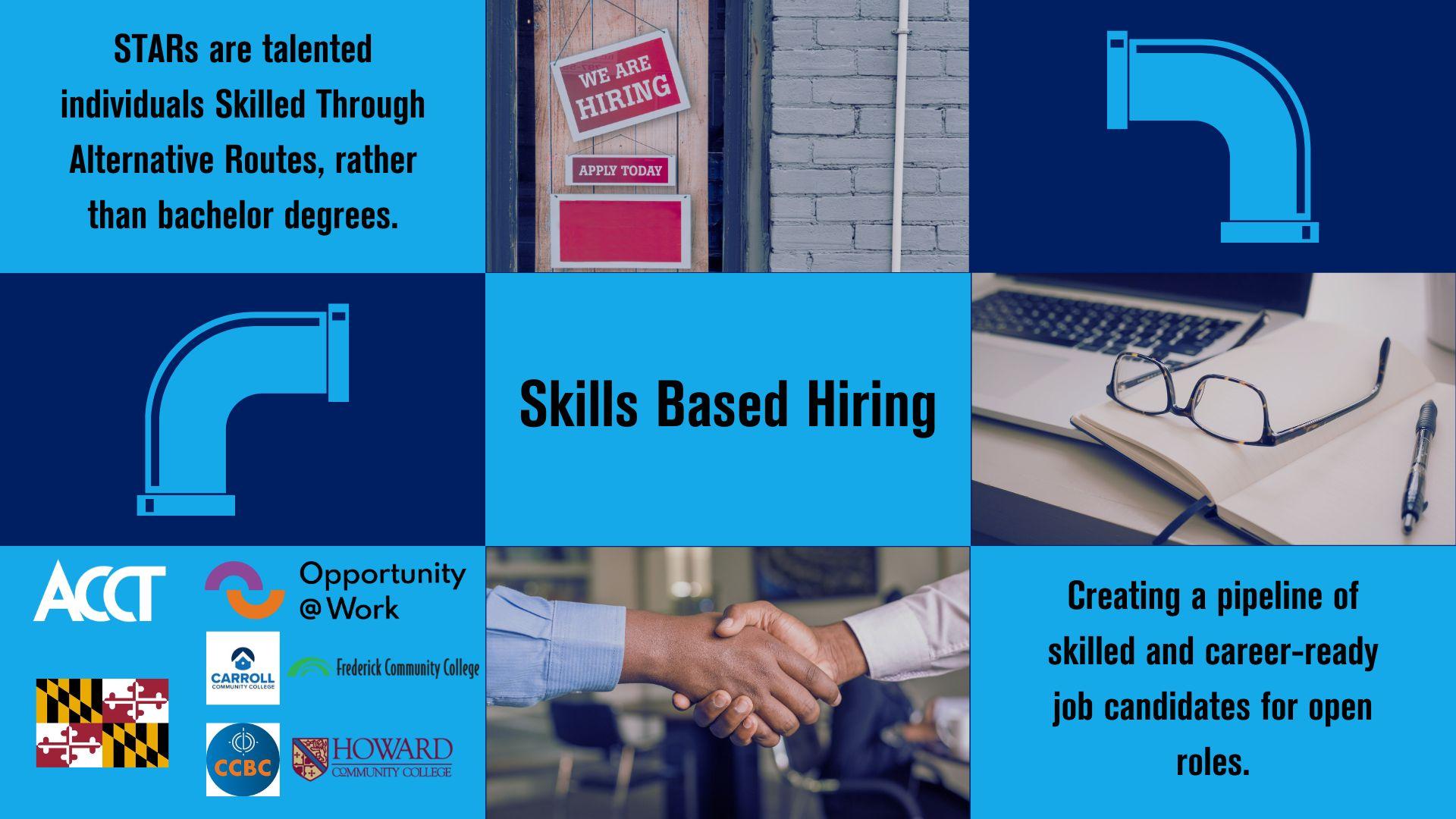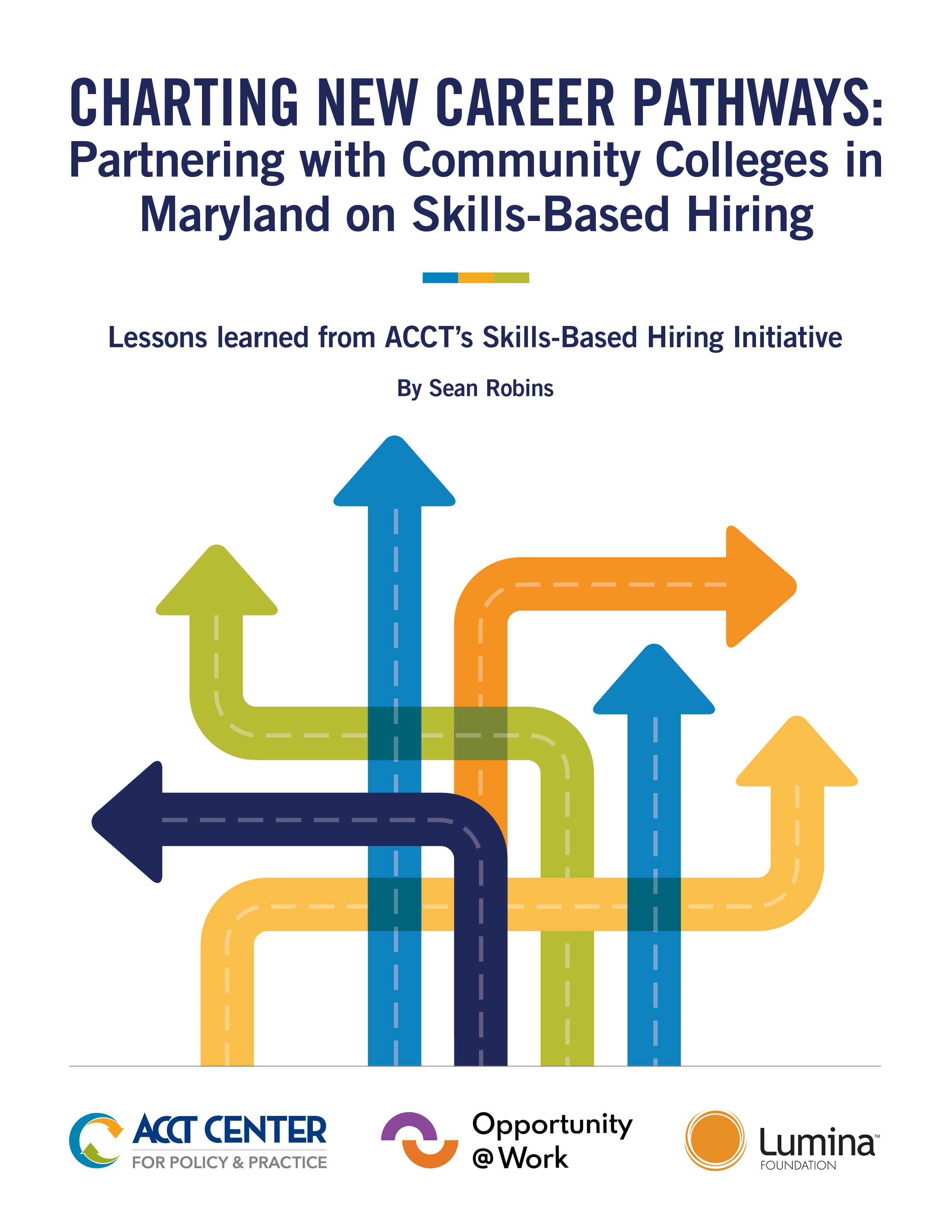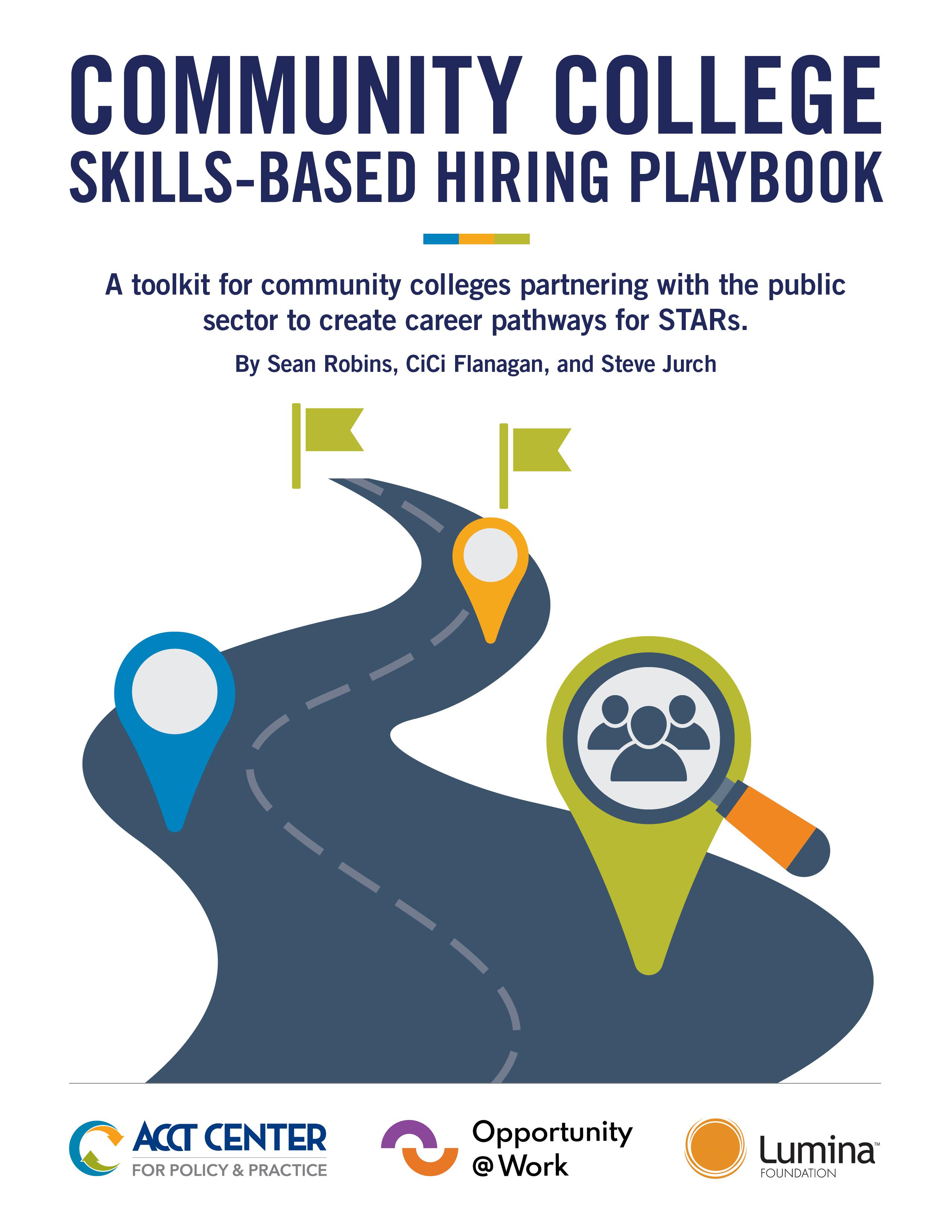Landscape for STARs
Employers today say there’s a talent shortage – but what if they’re just not looking in the right places? More than 70 million workers who are Skilled Through Alternative Routes (STARs) – such as community college, military service, boot camps, and workforce training programs, rather than a bachelor’s degree – are being overlooked today. Nearly half of these STARs have the skills to thrive in higher-wage, in-demand roles. Still, they’re held back by the paper ceiling – the invisible barrier that comes at every turn for workers without a bachelor’s degree – which limits their upward mobility and makes it harder for employers to fill their open roles.
STARs represent the full complement of our workforce. They are:
- 62% of Black workers
- 55% of Hispanic workers
- 53% of White workers
- 48% of Female workers
- 31% of AAPI workers
- 66% of Rural workers
- 61% of Veterans
To ensure everyone has access to a good job and the opportunity to achieve greater economic mobility, we must intentionally include STARs in our hiring.
Scope of Project
The Association of Community College Trustees (ACCT) launched a partnership pilot program that focuses on increasing the effectiveness of skills-based hiring. The partnership includes ACCT, Opportunity@Work, the State of Maryland, select employers in identified sectors, and four pilot Maryland Community Colleges. This pilot will demonstrate the effectiveness of skills-based hiring by designing and/or enhancing existing training programs at four community colleges around the essential skills most needed for specific occupations, creating a pipeline of skilled and career-ready job candidates for open roles.
The State of Maryland employs more than 38,000 individuals. The Department of Budget and Management estimates that more than half of those jobs can substitute relevant experience, training, and community college education for a bachelor's degree. In addition, thousands of vacant state government jobs no longer require a bachelor's degree. Recently, in partnership with Opportunity@Work, Governor Hogan launched a multi-pronged, first-in-the-nation effort to formally eliminate the four-year college degree requirement from thousands of state jobs, opening equitable access for a commonly underestimated talent category known as “STARs.”
Community colleges – a high-quality option for sourcing skilled and career-ready candidates - already play an important role in workforce development across the country. They enroll nearly half of all college learners and are already a gateway to higher education and skill building for learners who would not otherwise have access. Community colleges are also tied to their local communities and contribute to their regions' growth and success through various avenues, including workforce development, growth of the labor force, community service, local and regional economic development, and technical and vocational training. Baked into the mission and structure of community colleges is their capacity to prepare learners for the workforce, which makes them an ideal partner for expanding skills-based hiring. Finally, we know that community college learners may face multiple barriers that can impact their ability to be successful in the classroom. Community colleges have an infrastructure to support learners directly and/or have established partnerships with local organizations that provide additional support services (e.g., tutoring services, career development, essential skills training, and connections to social services programs for support around childcare and transportation needs).
Charting New Career Pathways
In 2022, Maryland became the first state to remove degree requirements from state positions, thereby opening over 19,000 jobs to more than 1.3 million STARs. This initiative inspired ACCT, with funding from Lumina Foundation, to launch the Skills-Based Hiring Initiative in 2023. The initiative aimed to increase the effectiveness of skills-based hiring. Charting New Career Pathways: Partnering with Community Colleges in Maryland on Skills-Based Hiring highlights lessons learned, challenges, and recommendations from ACCT’s Skills-Based Hiring Initiative.
Access the Case Study
Community College Skills-Based Hiring Playbook
The Community College Skills-Based Hiring Playbook is a comprehensive guide for community colleges aiming to implement or enhance skills-based hiring practices. By prioritizing skills over degrees, employers in partnership with community colleges can unlock opportunities for STARs and contribute to building a more equitable and resilient workforce. This playbook provides actionable strategies and information to help institutions foster meaningful career pathways and support economic development.
Access the Playbook
Latest Posts
August 15, 2024 | Unlocking Workforce Potential with the Community College Skills-Based Hiring Playbook
June 26, 2024 | Community Colleges as a Mechanism for Economic Mobility and Talent Pipeline for the Public Sector Workforce
February 22, 2024 | Skills-Based Hiring: Creating Pathways for STARs in Maryland
March 29, 2023 | In the Know Podcast Episode: Increasing Workforce Equity through Skills-Based Hiring
December 1, 2022 | ACCT Announces Skills-Based Hiring Partnership with Opportunity@Work for the State of Maryland
Media Highlights
Quartz | Companies can drop degree requirements, but they still don't know how to hire without them
University World News | This state is hiring: Bachelor degree holders need not apply
Contact For More Information
For questions about the Skills-Based Hiring initiative contact:
Sean Robins, Project Associate, Center for Policy and Practice




